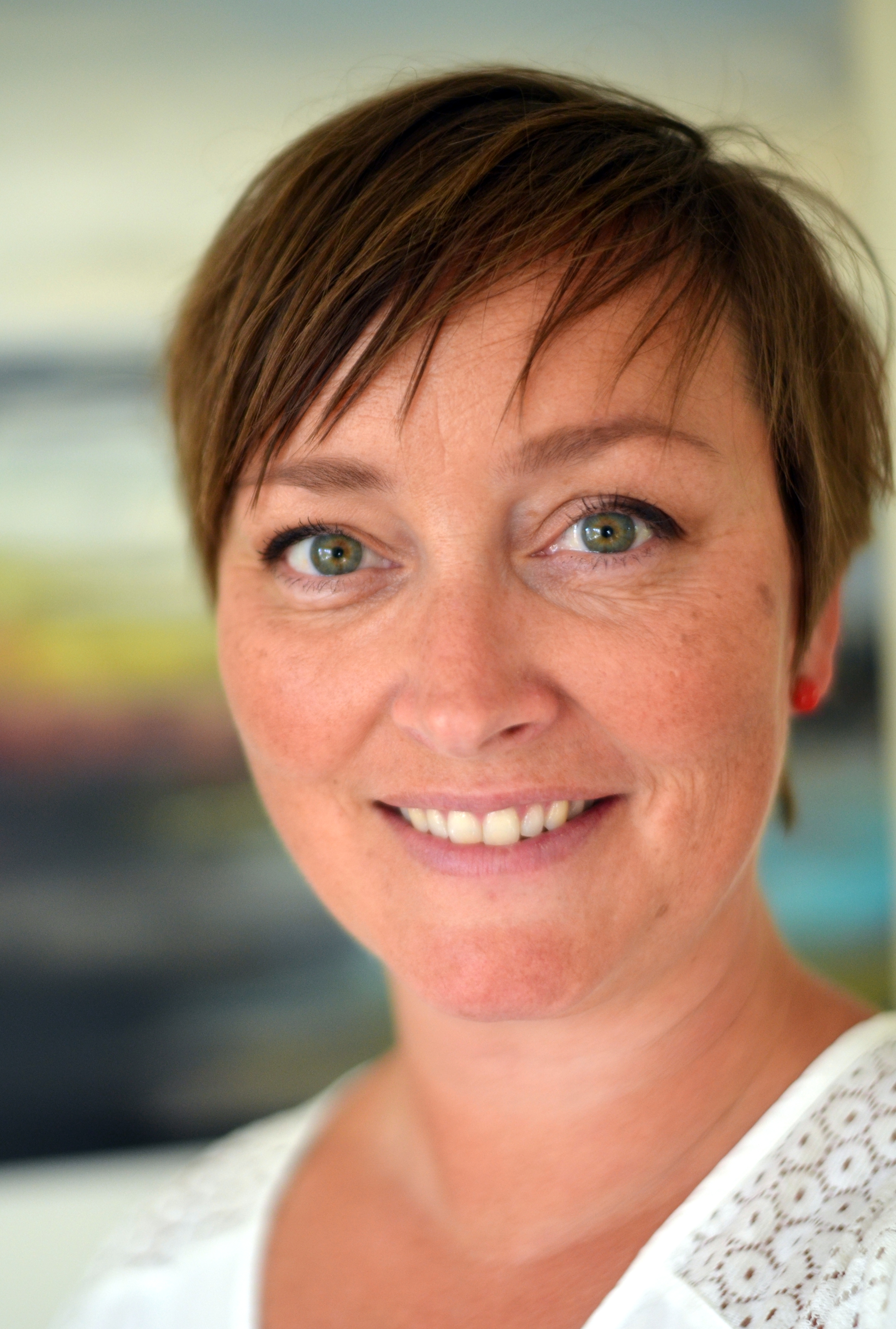Funding for Implant-associated Infections
The Carlsberg Foundation supports research into implant-associated infections with a grant of DKK 3,7 million.

Implant-associated infections are caused by bacterial biofilm which tolerate high doses of antibiotics. The prevention of biofilms through materials development relies on knowledge about how bacteria locate and attach to the implant. The interaction with adsorbed human proteins on the implant surface is a key aspect, but contradicting results show that protein adsorption can either promote or repel bacteria in different situations.
The research project "The role of absorbed protein conformation in the recognition and attachment of Staphylococcus epidermidis to implant surfaces" will test the hypothesis that bacterial attachment is promoted when specific protein domains become exposed as the proteins undergo conformational changes during adsorption. Because the surface chemistry of an implant material dictates the conformation of adsorbed proteins, it is possible that the protein conformation can be manipulated to decrease bacterial binding.
Read more about the research of the biofilm group headed by associate professor Rikke Louise Meyer.
